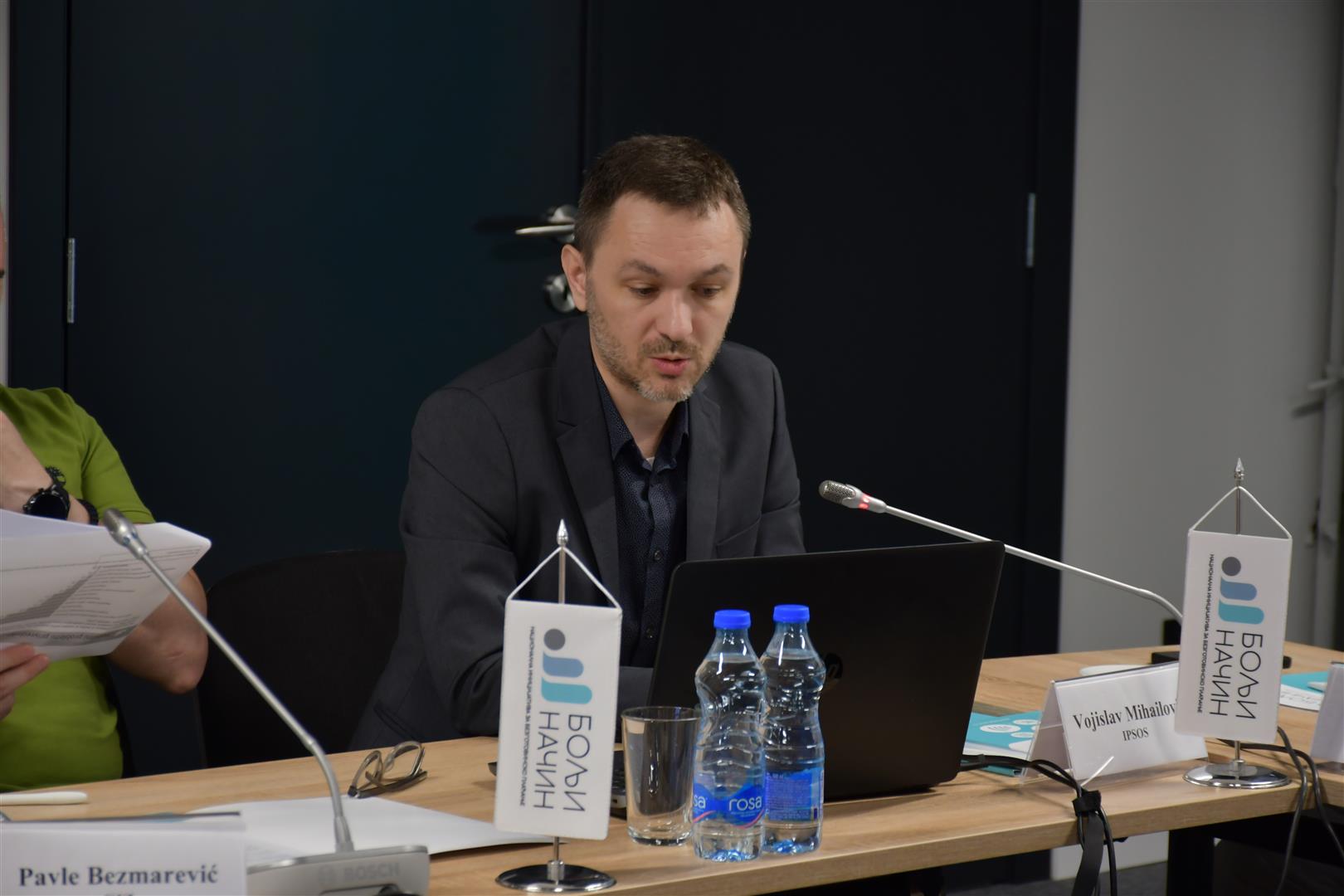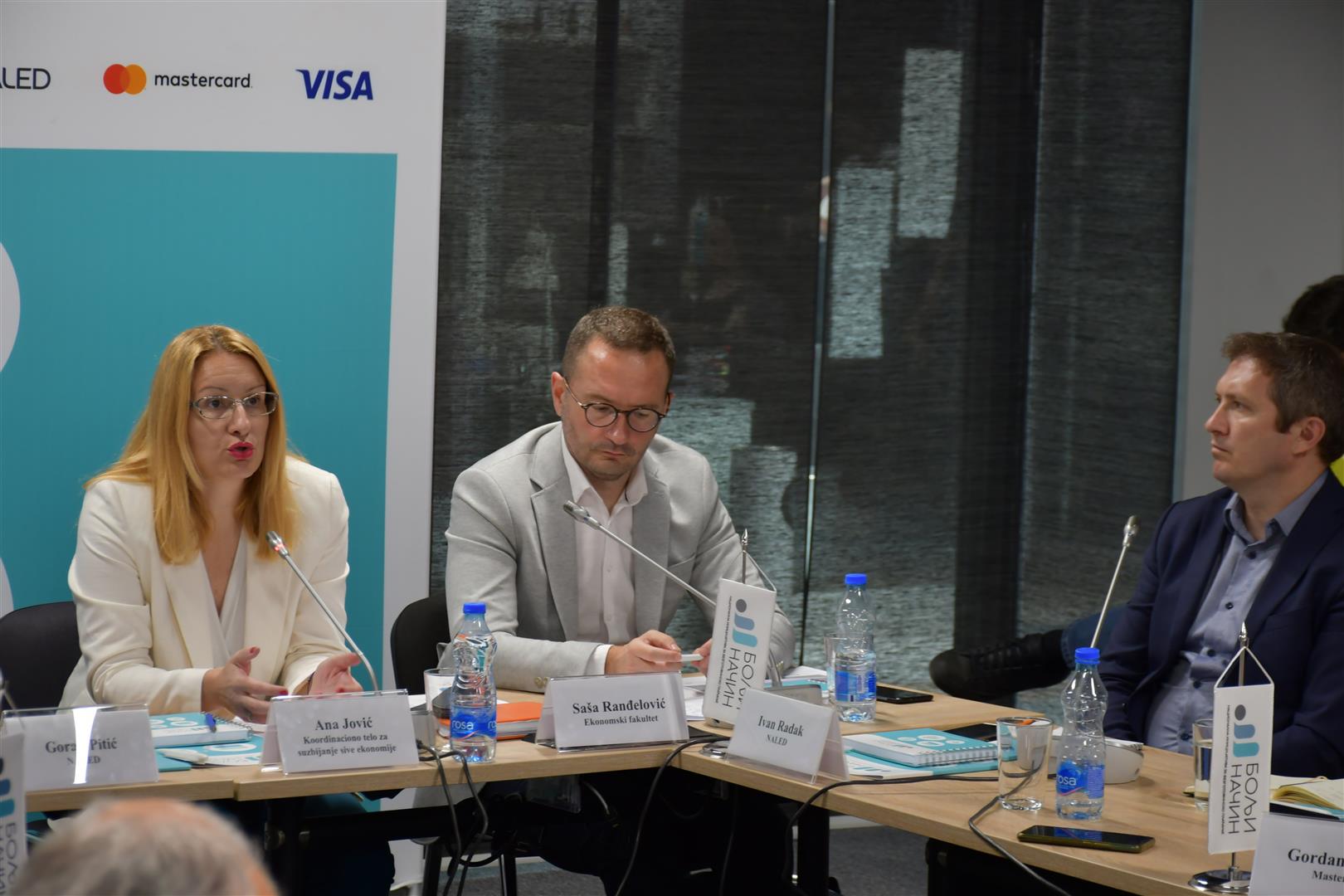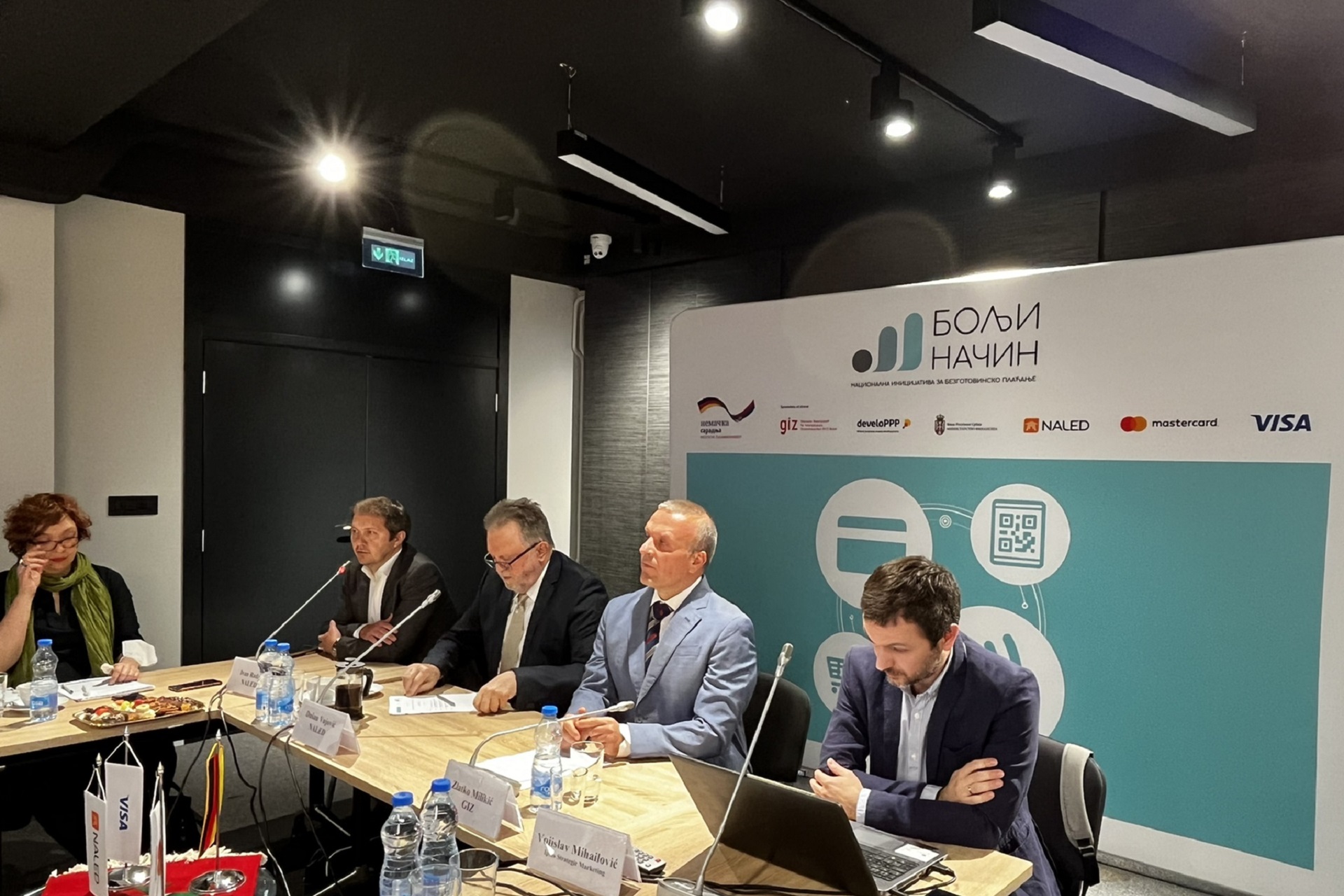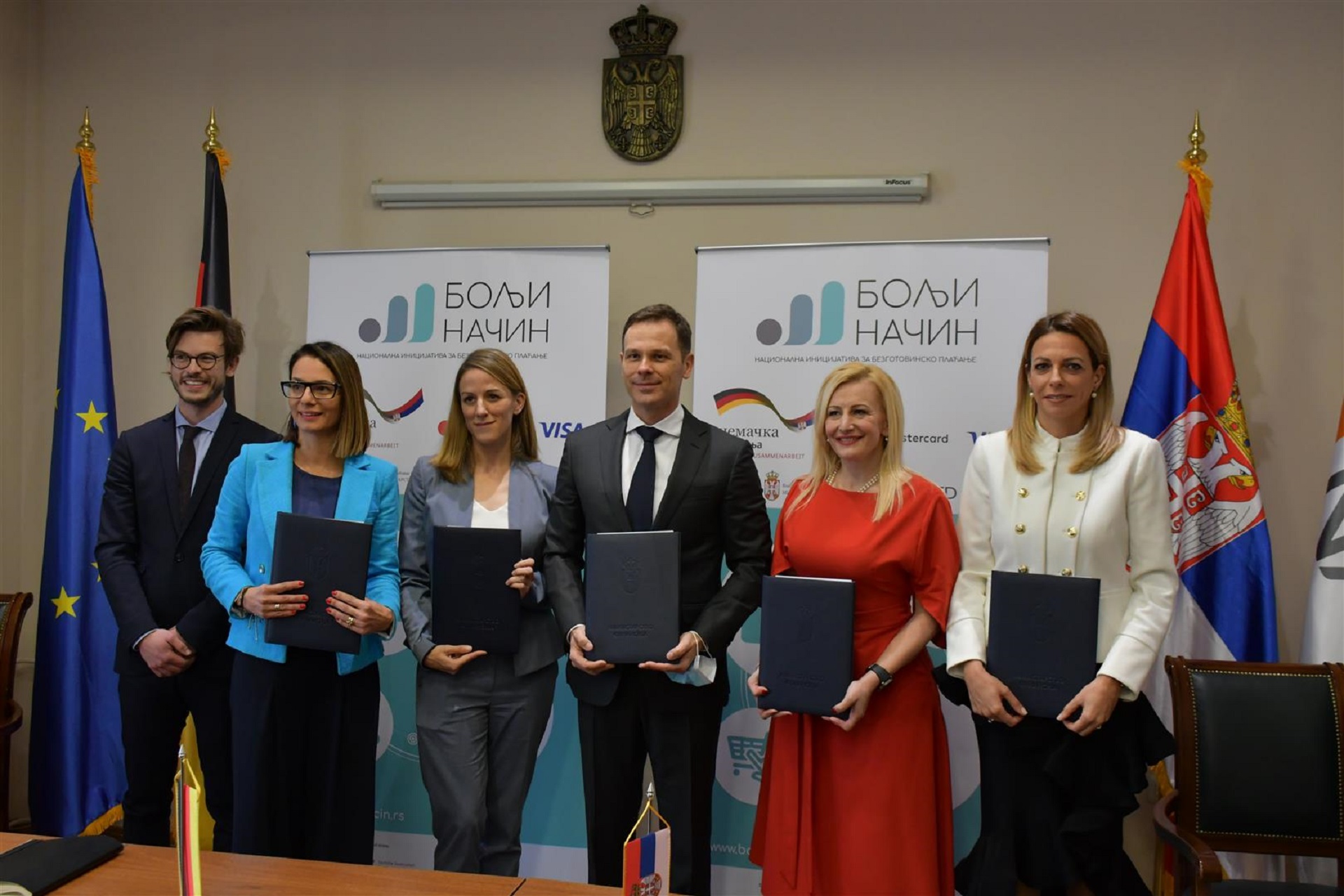For businesses in Serbia, shadow economy has stagnated or declined in the last five years despite the crisis
Although two pandemic years are behind us, and there are again disruptions in the global market due to war conflicts, the long period in which it is realistic to expect the economy to flee to the gray zone in an attempt to survive did not affect the attitudes of domestic businessmen, who mostly believe that the shadow economy in Serbia in the last five years remained at the same level or even declined.
This was shown by the latest business opinion survey on shadow economy, conducted within the framework of the National Initiative for Cashless Payments. As many as 60% of businesses estimate that business conditions are good, which is almost half more than five years ago. NALED Scientific Council member Goran Pitić nevertheless calls for caution, bearing in mind the strong growth of inflation and the negative effects that the increase of all prices has on the growth of the gray zone.
- In the new circumstances, the need for urgent adoption of the Program for Countering Shadow Economy until 2025, whose focus should be on modern digital solutions, electronic procedures and transactions and carefully measured incentives for businesses, becomes even more important. We believe that it should be one of the first items on the agenda of the new Government of Serbia - says Pitić.
The research showed that businesses see the high tax burden on wages and para-fiscal charges as the main reasons for the occurrence of shadow economy (more than three-quarters of responses), and it is necessary to implement the measures of the Program for the tax relief of wages, especially the lowest ones, the establishment of a register of non-tax charges, but also measures to encourage entrepreneurship and reducing illegal work, capacity building of inspections, etc.
- The fight against the shadow economy is one of the priorities of the Ministry of Finance because the consequences are very harmful - both for the state that loses part of its budget revenues, for businesses that operate in line with regulations, but also for the citizens. That is why, among other things, we have introduced a new system of e-fiscalization, there is also a new system of e-invoices. Also, year after year, we reduce the fiscal burden on wages. Our goal is to help the economy and relieve it, and we will not give up on that policy - said Ana Jović, secretary of the Coordination Body for Countering Shadow Economy of the Government of Serbia.
The priority measures of the Program will include the encouraging of cashless payments. The research showed that 49% of businesses accept only cash, which accounts for three quarters of their turnover. They cite the lack of interest among customers to pay with cashless methods and high costs as the main reasons for such a situation. On the other hand, 86% of those who accept cards, instant and online payments state that it has had a positive impact on their business.
- When it comes to supporting entrepreneurs and micro and small businesses, together with relevant institutions, banks and the financial sector, we are working on the first POS program, which is intended to equip up to 25,000 points of sale with POS terminals for free and enable online sales with a subsidized merchant fee for the duration up to one year, without additional costs - said Zlatko Milikić, Team Leader of GIZ project for Serbia.
Businesses believe that shadow economy is most present in construction and that it is growing in craft services, while it is declining in catering and trade. They estimate that one in ten companies in their industry are not registered, but the percentage of those who are ready to register them has dropped from 28 to 25%. They claim that they pay full contributions to 88% of the workers and admit that they pay up to 12% of their salary in cash, while noting that their competition pays up to 30%.
The National Initiative for Cashless Payments is a joint project of Deutsche Gesellschaft für Internationale Zusammenarbeit (GIZ) GmbH and companies Mastercard and Visa, which is implemented under the auspices of the develoPPP program of the German Federal Ministry for Economic Cooperation and Development (BMZ) in cooperation with NALED and the Ministry of Finance of the Republic of Serbia.









